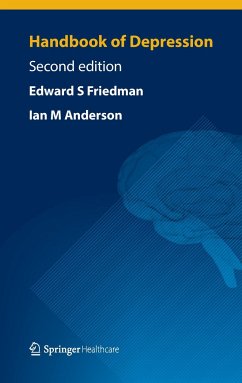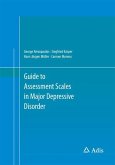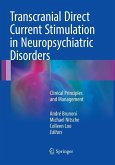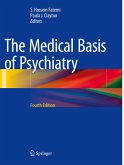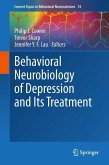Depression is a common mood disorder that affects approximately 10% of the global population at some point in their lives and can cause serious psychological, physical, and cognitive distress. Additionally, patients with depression are at a greater risk for cardiovascular disease, stroke, functional impairment, disability and all-cause mortality. Aside from the impact on the individual, this condition presents a very real economic burden, as depression is the most predominant mental health problem among working-age patients and the leading cause of lost work productivity. Despite advances in screening and treating depression in recent decades, a vast majority of patients with depression do not actively seek treatment and, of those that do, only a quarter have been found to receive adequate and effective interventions. Handbook of Depression, Second Edition is a concise review of assessment tools, available and emerging pharmacological and non-pharmacological treatment options, and consensus management guidelines that center on enhancing the clinician-patient relationship and improving patient quality of life. Cowritten by expert US- and UK-based authors, this handbook has an innovative global focus that consolidates current knowledge in a convenient, pocket-sized guide that is ideal for every day reference in a clinical setting.
From the book reviews:
"This concise, easy-to-read handbook presents clinical and research-based information about depression and its treatment. The unique structural elements are the succinct chapters with useful figures and pertinent references. ... It is an excellent, practical review for anyone interested in learning about and reviewing depression in light of the DSM-5. ... This will be very useful in the field of psychiatry and mental health." (Valerie E. Mathis-Allen, Doody's Book Reviews, October, 2014)
"This concise, easy-to-read handbook presents clinical and research-based information about depression and its treatment. The unique structural elements are the succinct chapters with useful figures and pertinent references. ... It is an excellent, practical review for anyone interested in learning about and reviewing depression in light of the DSM-5. ... This will be very useful in the field of psychiatry and mental health." (Valerie E. Mathis-Allen, Doody's Book Reviews, October, 2014)

